
Similar Posts
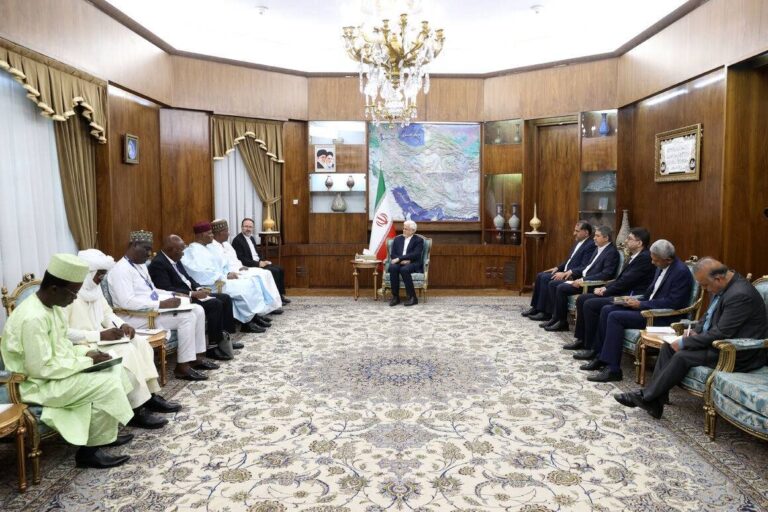
Iran and Niger Forge Stronger Alliances in Oil and Energy Cooperation
In a meeting in Tehran, Iranian Vice President Mohammadreza Aref highlighted the importance of enhancing Iran-Niger relations through shared interests, particularly in the oil and energy sectors. During discussions with Niger’s Oil Minister, Sahabi Oumarou, Aref expressed Iran’s commitment to strengthening ties with African nations, emphasizing Niger as a priority. Key points included the positive trajectory of economic relations, the need for increased private sector engagement, and the establishment of a Joint Commission to facilitate collaboration. Aref’s remarks underscored the significance of mutual political interests, particularly regarding regional issues like Palestine and Lebanon, in solidifying this partnership.
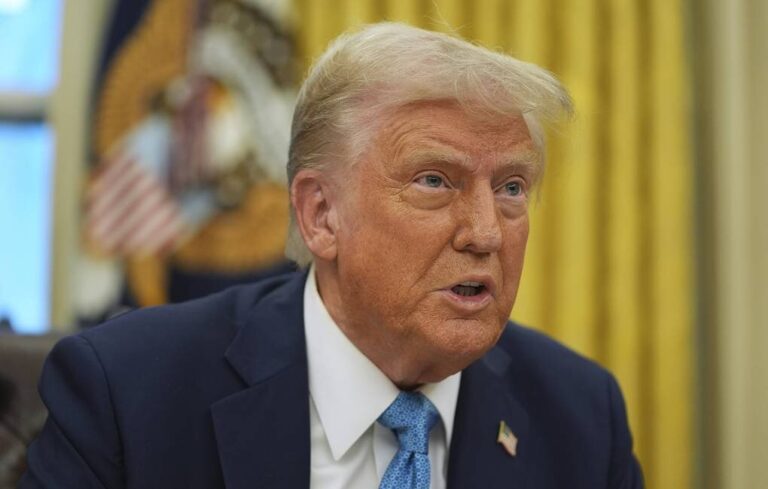
Trump’s March Metal Tariffs: No Exemptions Announced!
President Trump has announced a 25 percent tariff on all steel and aluminum imports, aimed at revitalizing American manufacturing and addressing perceived unfair international trade practices. During a White House press conference, he stressed the importance of domestic production for the nation’s future, declaring that American industries must return. The tariffs will apply universally, with no exemptions, as part of a broader strategy to strengthen the U.S. economy. While supporters see this as crucial for local manufacturers, critics warn of potential price increases and retaliatory actions from trade partners. The long-term effects on various industries remain to be seen.
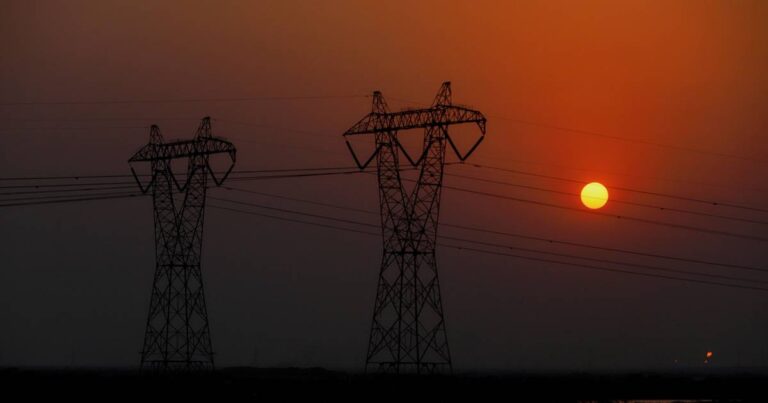
Iraq Faces Energy Crisis as US Ends Iranian Energy Waivers, Officials Warn
The expiration of a US sanctions waiver allowing Iraq to buy Iranian energy has created short-term operational challenges for the country, as stated by Iraqi Prime Minister’s foreign affairs adviser, Farhad Alaaeldin. Despite these difficulties, Iraq remains committed to achieving energy self-sufficiency and is exploring alternatives to maintain electricity supply. The Trump administration’s decision aims to reduce Iran’s economic relief and encourages Iraq to reduce its dependence on Iranian energy, which only accounted for 4% of its electricity consumption in 2023. The situation presents opportunities for US companies specializing in energy solutions as Iraq seeks to enhance its energy sector resilience.
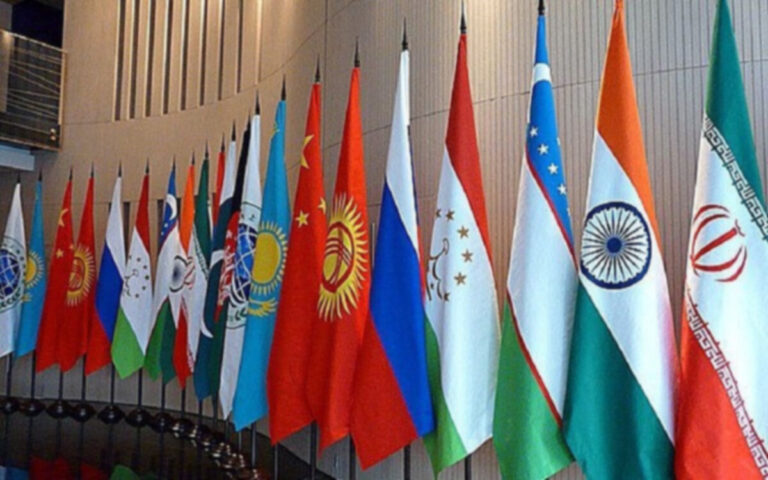
SCO Unveils Strategic Roadmap for Settlements Using National Currencies
The Shanghai Cooperation Organization (SCO) is advancing efforts to promote settlements in national currencies among its member states, as highlighted by Deputy Secretary-General Sohail Khan. A comprehensive roadmap has been developed to facilitate these transactions, aimed at reducing reliance on dominant currencies and enhancing economic independence. Key aspects include collaboration among finance ministries and central banks, a focus on full member states, and ongoing feasibility analyses, with expected results by mid-next year. This initiative seeks to strengthen trade and investment flows, promote financial sovereignty, and foster regional economic stability and cooperation amid global economic uncertainties.
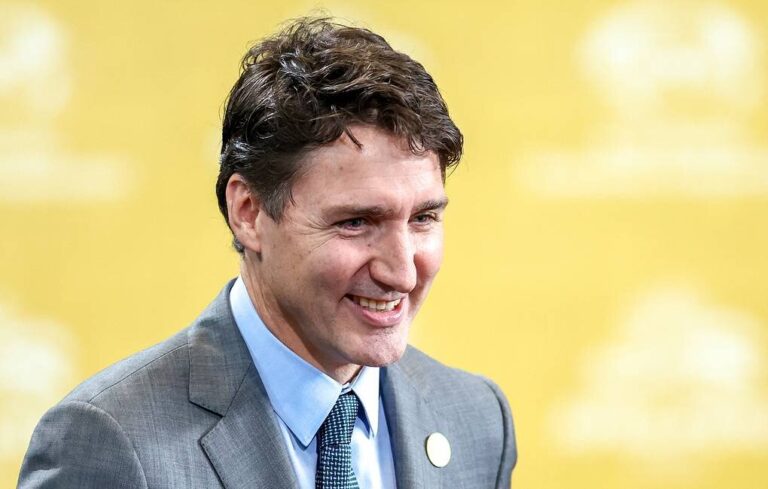
Trudeau Vows Strong Retaliation Against US Tariffs: Canada’s Bold Response
Prime Minister Justin Trudeau announced that Canada will impose retaliatory tariffs on $155 billion worth of American goods in response to recent U.S. trade actions. The initial phase includes 25% tariffs on approximately $30 billion worth of U.S. products starting Tuesday, with additional tariffs on $125 billion to follow in three weeks. Canada is also considering non-tariff measures targeting critical minerals and energy sectors. This move escalates tensions following U.S. President Trump’s executive order imposing duties on Canadian energy products. The tariffs are expected to disrupt supply chains and raise prices, affecting both nations’ economies and trade dynamics.
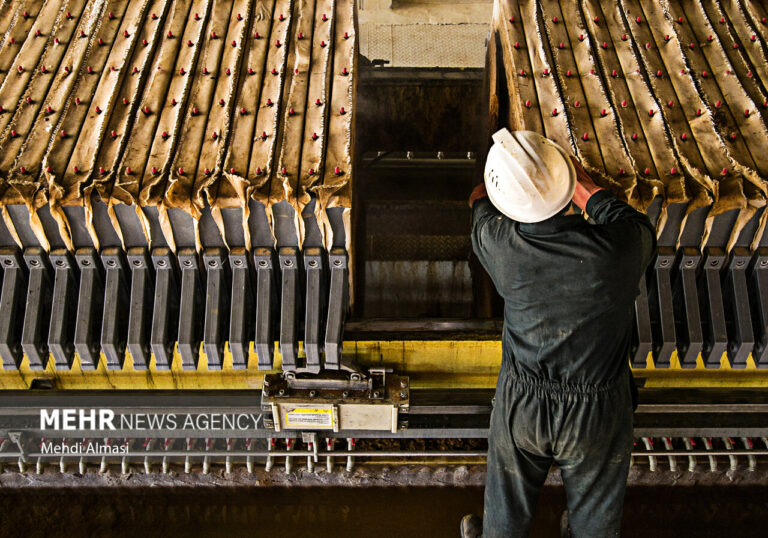
Iran Joins Global Celebrations for International Workers’ Day: A Day of Solidarity and Recognition
International Workers’ Day, celebrated on May 1st, honors the contributions and rights of workers globally. Originating from ancient spring festivals and the late 19th-century labor movement, it commemorates the 1886 U.S. strikes for an eight-hour workday. The day features marches advocating for improved working conditions, fair wages, and social justice. In Iran, it highlights cultural expressions and the need for stronger labor laws amidst economic challenges. Ayatollah Khamenei emphasizes the intrinsic dignity of work and the essential roles of both workers and entrepreneurs in overcoming economic struggles. Overall, it serves as a call for solidarity and ongoing advocacy for workers’ rights.